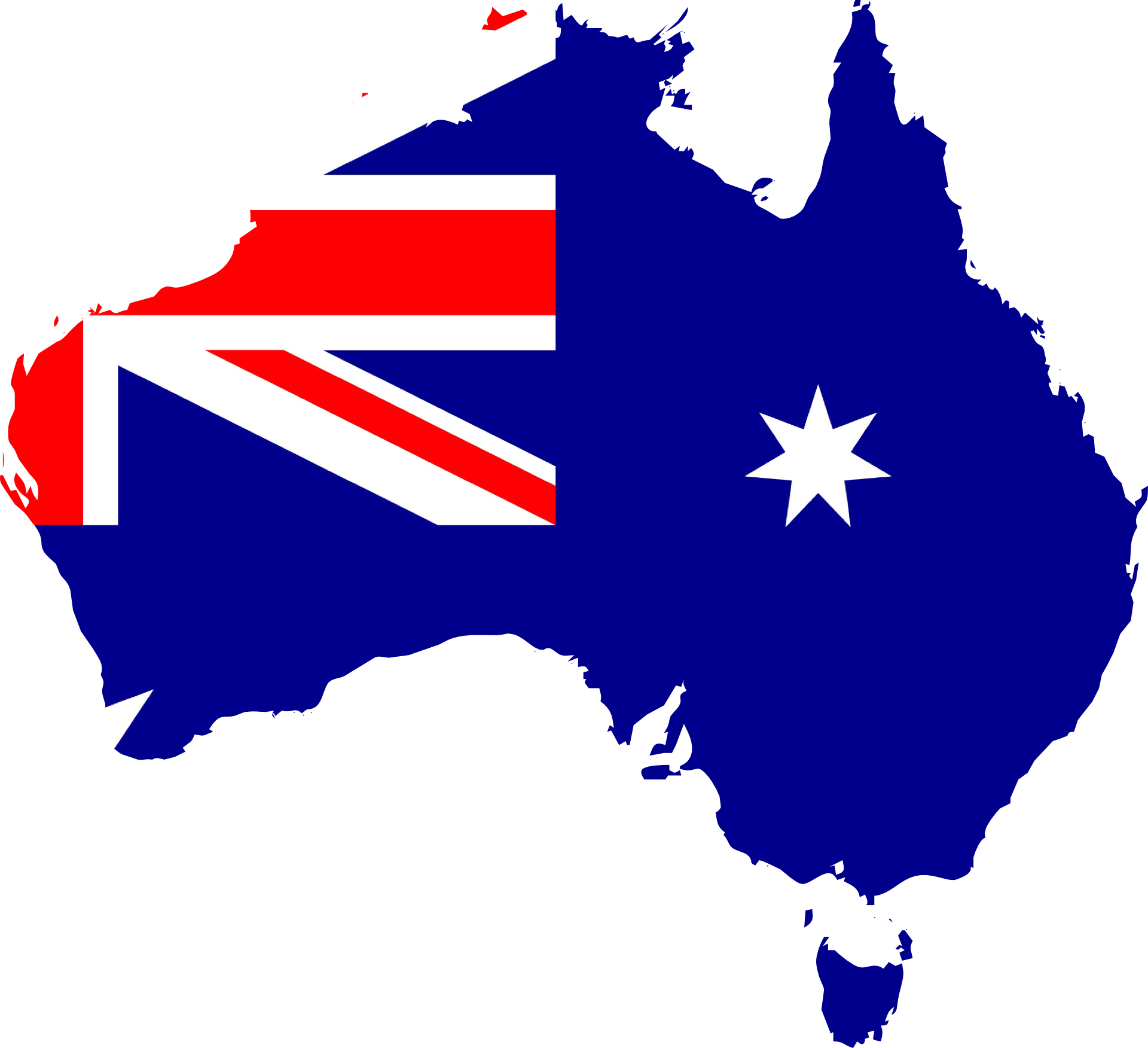Australians do not waste time while talking. This linguistic habit ist strongly reflected in the extensive use of a great number of abbreviations and diminutives. „Wanna cuppa?” for example is a very short version of the sentence „Do you want a cup of tea?”. In fact, Aussies use more clipped words than any other English speakers. One of the most famous Australian creations is „selfie“ – a word that has made its way into many dictionaries around the world.
Diminutives in Australian English are usually formed by taking the first part of a word and adding -a, -o, -ie or -y. But in contrast to other English dialects, the -ie or -y ending does not always reflect a connotation of smallness or cuteness. A bikie (a member of a motorcycle club), for example, is still recognized as being a rather tough guy with potential criminal tendencies, well organized in a bikie club.
The fact that the extensive use of short versions of words in Australian English does not particularly aim at making things smaller or cuter raises the question for the cultural origins and meaning of this particular linguistic habit. So let’s explore why the diminutive is so common in Australia.
Let it be said in advance: There is no definite explanation for the use and ongoing invention of diminutives. Saving time, as the beginning of this article indicates, is not a reason as a great number of diminutives are even longer than the original words. Researchers from different disciplines have come up with various theories on the Australian diminutive use and invention. One explanation is that the diminutive seems more informal and thus reflects the Australian love of egalitarianism. Abbreviated words also make an interaction more friendly and relaxed and therefore make it easier to operate on a social level.
Another potential explanation is the harmonization between English and Aboriginal words. In contrast to Aboriginal words, English words are sharper and sound harder:
“I will be meeting the journalist underneath the coolabah tree by the Tumbarumba billabong.”
“I’ll be meeting the journo underneath the coolabah tree by the Tumbarumba billabong.”
As the two examples show, sentences where the Aboriginal language and English meet become more consistent concerning their sound and speed when the English word is replaced by a diminutive.
As the diminutive in Australian English is predominantly used in informal context, many non-native speakers have problems in following a conversation. Therefore, in order to be well prepared for your next convo with an Aussie, we recommend you this little exercise to get a feeling for the formation of words. Can you guess the orin for the abbreviated word? By turning the cards you see the solution with some extra information in some cases.
And for more Aussi slang watch this video!



